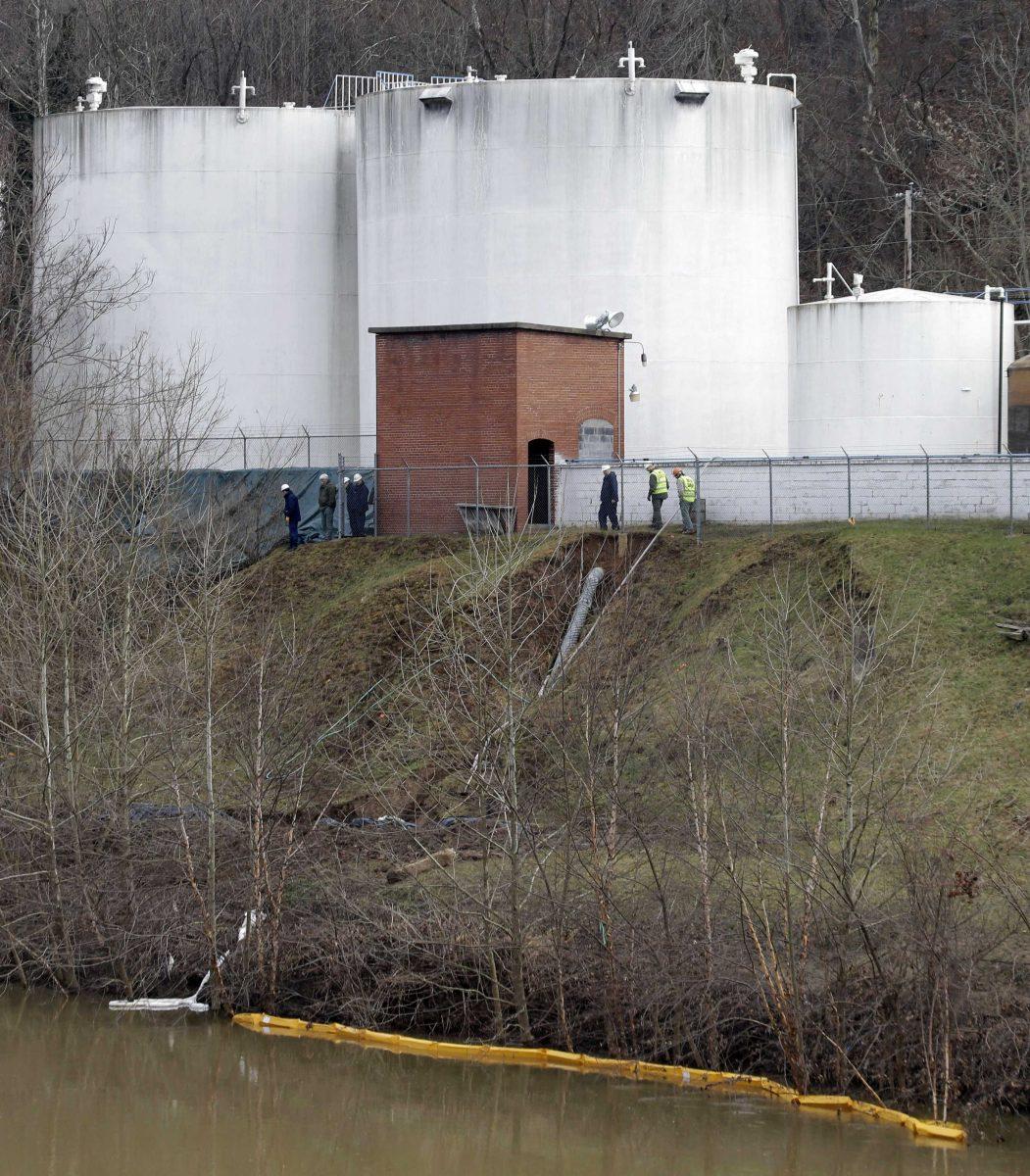We are all environmentalists.
Sparing a select few, all of us desire to live in a world of clean air, clear water and uncontaminated food. But as the need for energy constantly grows, our methods for extracting and transporting that energy must evolve as well.
Although nearly everyone agrees that we need an efficient, safe and economically sound method for producing electricity, our society is polarized by how to reach that
end. However, our solution stares us in the face and has been awaiting the spotlight for almost a century.
Nuclear fission, despite its potential for unparalleled production, continues to be abused by Hollywood, the media and, most importantly, the general public.
The nearby River Bend nuclear power plant is awaiting licensing for a new unit reactor, which could make the job market much more appealing to us. Engineers, computer scientists, biologists and even journalists could see openings in their fields and an opportunity to put their degrees to work.
While its opponents appeal primarily to emotions in order to justify their position, they typically avoid the facts surrounding fission and fail to address the current methods of extracting energy.
Last Thursday, a chemical leak at a West Virginia coal-processing plant left more than 300,000 residents with a water supply contaminated with around 7,500 gallons of crude MCHM, a chemical used in washing coal.
Despite the rational alternative that is nuclear power, mainstream media continues to paint the industry with an apocalyptic brush while refusing to address the advantages it presents.
Fission differs fundamentally from other energy sources because it yields power from splitting atoms rather than burning chemicals; consequently, nuclear reactors emit zero carbon emissions.
Adding to its appeal, fission can vastly expand job opportunities for LSU graduates, who may be less than optimistic about the current economy.
But when anyone mentions radiation, all hell breaks loose.
With biased news reports and videos of Homer Simpson aimlessly trying to operate a nuclear plant, it’s no wonder why so many resent such a simple solution to our energy demands.
You hear that a spill of radioactive waste can decimate a whole city, when in fact no deaths or serious illnesses have been directly attributed to fission in America’s history.
In fact, for nuclear power to reach the threatening levels of coal burning, University of Pittsburgh professor Bernard Cohen estimates that there would need to be 25 reactor meltdowns per year. Since there hasn’t been a single complete meltdown in America’s history, I highly doubt we’ll come anywhere close to 25 per year.
Retreating to Cabo during spring break will flood your body with more radiation than you’ll ever receive from a nuclear plant, but I don’t see anyone protesting vacations.
Extracting, containing and transporting energy is innately a dangerous and difficult task, but it is a necessary one. Transitioning to an economy that embraces nuclear fission will not just affect corporations, it will improve the lives of each and every one of us.
Oil and gasoline demands will drop, as will their prices. With tuition and fees increasing each passing year, we would much rather have the extra funds to cover those costs than spending hundreds of dollars filling up our vehicles.
This will result only if we, the consumers, demand a change in our energy policy; indeed, we possess that power.
As we endeavor to meet the increasing demands of this growing world, we must embrace the solution that has been sitting in front of us for decades.
Andrew Stolzle is a 20-year-old mechanical engineering junior from Baton Rouge.
Opinion: Nuclear fission needs to be utilized for energy
January 16, 2014
FILE – In this Monday, Jan. 13, 2014, file photo, workers inspect an area outside a retaining wall around storage tanks where a chemical leaked into the Elk River at Freedom Industries storage facility in Charleston, W.Va. Department of Environmental Protection spokesman Tom Aluise says inspectors found five violations Monday at a Nitro, W.Va., site where Freedom Industries moved its coal-cleaning chemicals after last Thursday’s spill. Inspectors found that, like the Charleston facility where the leak originated, the Nitro site lacked appropriate secondary containment. In Charleston, a porous containment wall allowed the chemical to ooze into the Elk River. (AP Photo/Steve Helber, File)
More to Discover








